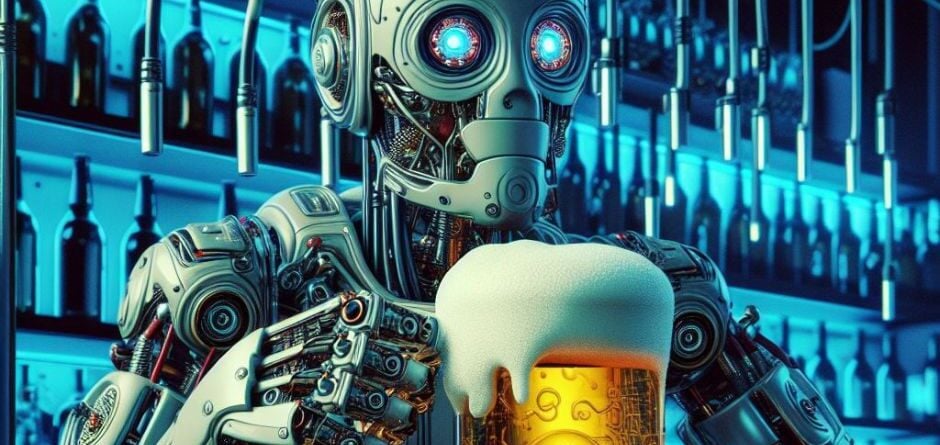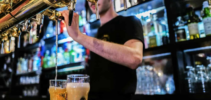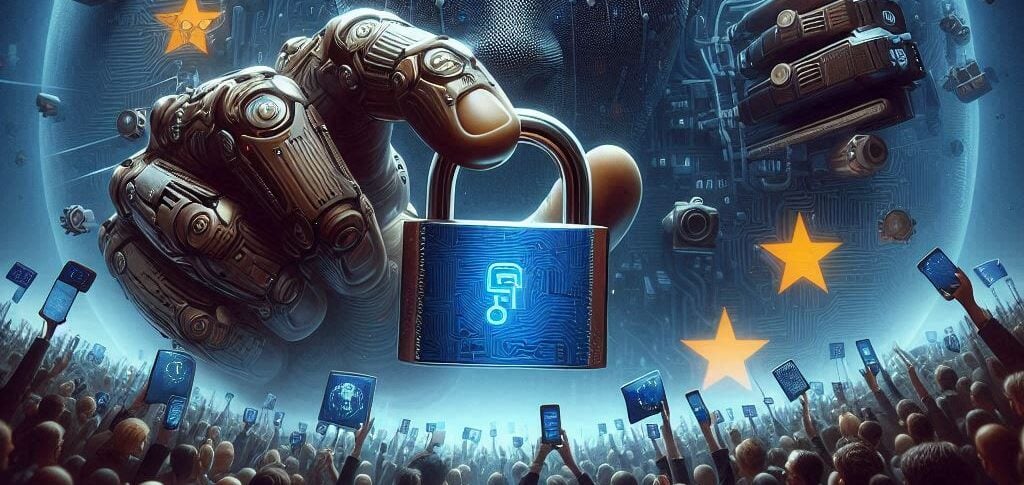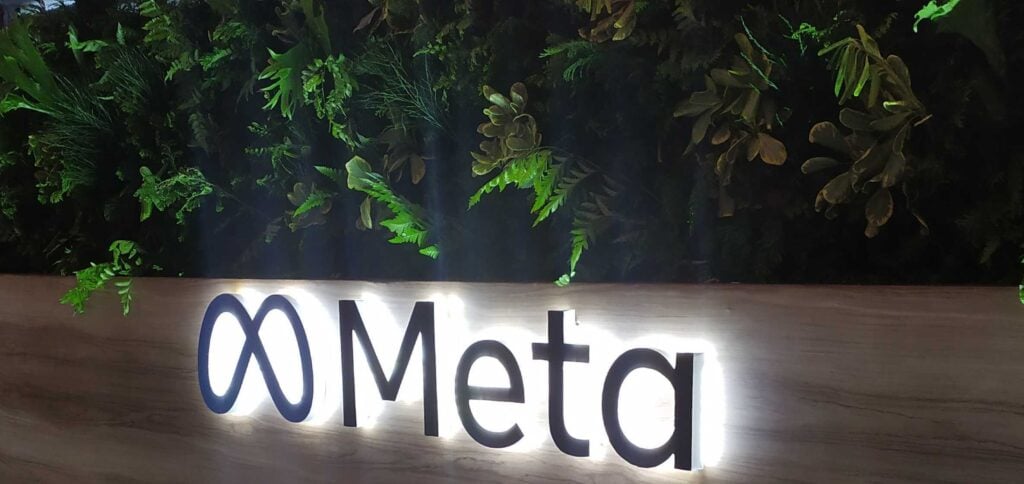O Professor Kevin Verstrepen, from KU Leuven University, who led the research, said the artificial intelligence can help unravel the complex relationships involved in human aroma perception.
ADVERTISING
“Beer – like most foods – contains hundreds of different aroma molecules that are picked up by our tongue and nose, and our brain then integrates them into a single image. However, compounds interact with each other, so how we perceive one also depends on the concentration of the others,” he explained.
Published in the magazine Nature Communications., Verstrepen and colleagues' research analyzed the chemical composition of 250 commercial Belgian beers from 22 different styles, including lagers, fruit beers, blondes, West Flanders ales and non-alcoholic beers.
Among the properties studied were alcohol content, pH, sugar concentration and the presence and concentration of more than 200 different compounds involved in flavor – such as esters produced by yeast and terpenoids from hops, both involved in creating fruity notes.
ADVERTISING
A tasting panel of 16 participants tasted and evaluated each of the 250 beers on 50 different attributes, such as hop flavors, sweetness and acidity – a process that took three years.
The researchers also collected 180.000 reviews of different beers from the online consumer review platform RateBeer. They found that although beer appreciation was influenced by factors such as price (differing from tasting panel ratings), ratings and comments related to other aspects – such as bitterness, sweetness, alcohol and malt aroma – correlated well with those of beer. panel.
“Small changes in chemical concentrations can have a big impact, especially when multiple components start to change,” Verstrepen said. He also mentioned as a surprise the fact that some substances traditionally known to be unpleasant could be positive if present in lower concentrations and combined with other aromatic compounds.
ADVERTISING
Using different data sets, the team built models based on machine learning – a form of AI – to predict the taste and enjoyment of a beer based on its composition.
They then used the results to improve an existing commercial beer, essentially adding substances flagged by the models as important predictors of overall enjoyment – such as lactic acid and glycerol.
Tasting panel results revealed that the additions improved ratings of both alcoholic and non-alcoholic beers on metrics such as sweetness, body and overall enjoyment.
ADVERTISING
While the models have limitations, including the fact that they were only developed with datasets based on high-quality commercial beers, Verstrepen said their biggest application could be in tweaking non-alcoholic beers to make them better.
But beer lovers need not worry that new technology will affect the rich brewing tradition. Verstrepen emphasizes that the skill of brewmasters remains vital.
Read also





